Drug Pricing
-
39%of American patients have delayed a drug regimen due to its price.
PRICE PUSHBACK
The FDA is forbidden by law from considering a drug’s price in the evaluation process, and only approves drugs that prove they’re better than existing treatments. Most other countries do consider a drug’s cost, and often approve drugs that don’t work quite as well if they cost less. The result is per capita spending on drugs in the US is twice the international average.
![]()
THE RISING PRICES OF DRUGS ARE PROVOKING CONSUMER ACTIVISM AND POLITICAL SCRUTINY
Some shocking examples:
Emflaza: This muscular dystrophy steroid was available outside the US for decades. American families were able to import it, paying $1,600 or less per year. When Marathon Pharmaceuticals licensed it for the US market, they wanted to charge $89,000 a year, arguing the market size was so small (12,000 American patients), they needed to charge that price to get a return. Marathon took so much heat they had to sell Emflaza to PTC Therapeutics.
Daraprim: Nowadays, when a drug comes off patent, sometimes the price for the generic version goes up, not down. This happens when the FDA licenses only one manufacturer to make it, creating an artificial monopoly—or even granting an exclusive marketing license to drugs that had been available for decades. When Turing Pharmaceuticals got licensed to make Daraprim, they raised the price from $13.50 a pill to $750. Successful activism led to a near boycott: monthly sales fell from 22,500 pills to only 600 pills.
![]()
INSURERS ARE PUSHING BACK, TOO, WANTING MORE EVIDENCE THAN WAS SUBMITTED TO THE FDA BEFORE THEY’LL COVER A DRUG
Amgen’s cardiovascular drug, Repatha, was expected to be a game-changer. Insurers, however, restricted coverage to only those with extremely high cholesterol, saying Repatha’s efficacy wasn’t worth the $14,000 price when the prevailing treatment only cost $150 a year.
![]()
DESPERATELY SEEKING AFFORDABILITY, PATIENTS TURN TO ONLINE PHARMACIES THAT PROMISE TO SEND THREE-MONTH SUPPLIES FROM OVERSEAS
Of the 30,000 prescription drug websites, 96% are operating illegally with no pharmacy license at all. The drugs may or may not be what’s advertised.
